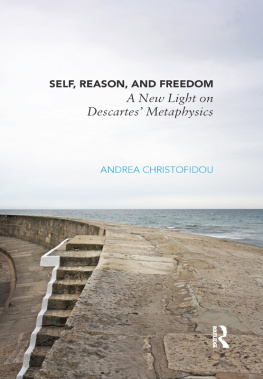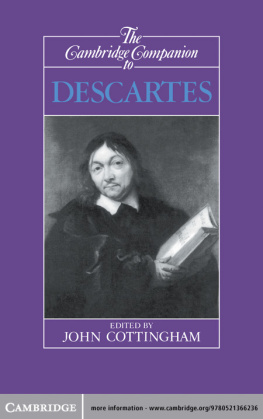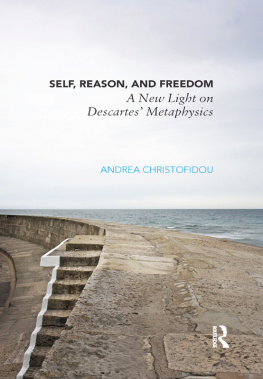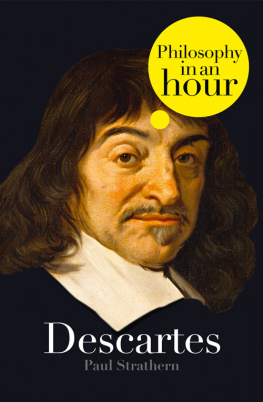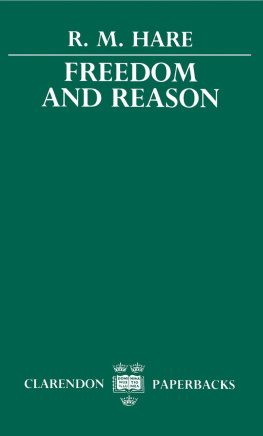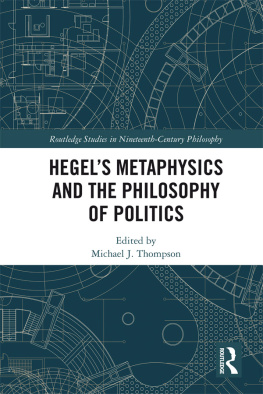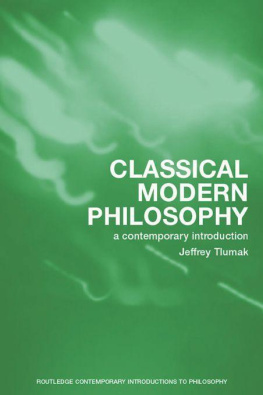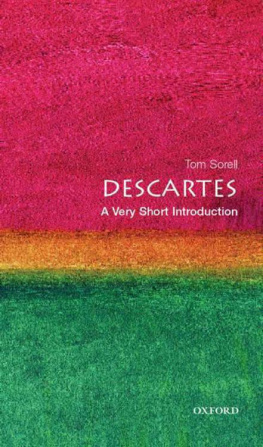Self, Reason, and Freedom
Freedom and its internal relation to reason is fundamental to Descartes' philosophy in general, and to his Meditations on First Philosophy in particular. Without freedom his entire enquiry would not get off the ground, and without understanding the rle of freedom in his work, we could not understand what motivates key parts of his metaphysics. Yet, not only is freedom a relatively overlooked element, but its internal relation to reason has gone unnoticed by most studies of his philosophy.
Self, Reason, and Freedom: A New Light on Descartes' Metaphysics, by defending freedom's internal relation to reason, sheds new light on Descartes' metaphysics and restores the often dismissed Fourth Meditation to the core of his metaphysics as he conceived it. Implicit in that relation is a rejection of any authority external to reason. Andrea Christofidou shows how this lends strength and explanatory force to Descartes' enquiry, and reveals his conception of the unity of the self and of its place in the world.
Self, Reason, and Freedom: A New Light on Descartes' Metaphysics is essential reading for students and scholars of Descartes and anyone studying seventeenth-century philosophy.
Andrea Christofidou is Senior Lecturer in Philosophy at Keble College, and Lecturer in Philosophy at Worcester College, University of Oxford, UK.
Self, Reason, and Freedom
A New Light on Descartes' Metaphysics
Andrea Christofidou

First published 2013
by Routledge
2 Park Square, Milton Park, Abingdon, Oxon OX14 4RN
Simultaneously published in the USA and Canada
by Routledge
711 Third Avenue, New York, NY 10017
Routledge is an imprint of the Taylor & Francis Group, an informa business
2013 Andrea Christofidou
The right of Andrea Christofidou to be identified as the author has been asserted in accordance with sections 77 and 78 of the Copyright, Designs and Patents Act 1988.
All rights reserved. No part of this book may be reprinted or reproduced or utilised in any form or by any electronic, mechanical, or other means, now known or hereafter invented, including photocopying and recording, or in any information storage or retrieval system, without permission in writing from the publishers.
Trademark notice: Product or corporate names may be trademarks or registered trademarks, and are used only for identification and explanation without intent to infringe.
British Library Cataloguing in Publication Data
A catalogue record for this book is available from the British Library
Library of Congress Cataloging in Publication Data
Christofidou, Andrea.
Self, reason, and freedom: a new light on Descartes' metaphysics /Andrea Christofidou.
p. cm.
Includes bibliographical references (p. m) and index.
1. Descartes, Ren, 15961650. Meditationes de prima philosophia.
2. First philosophy. I. Title.
B1854.C47 2012
194-dc23
2012026890
ISBN 978-0-415-50106-4 (hbk)
ISBN 978-0-203-08325-3 (ebk)
Typeset in Baskerville
by Taylor & Francis Books
In piam memoriam
Savvas Christofides and Kasiani Christofidou
Contents
Preface
My interest in Descartes began in the middle of working on my doctoral thesis, but to have embarked on an inquiry into his metaphysics would have involved restructuring the thesis. The wise counsel of my then thesis supervisor, David Wiggins, was: finish it and repent at leisure. I obtained my doctorate in 1993. That academic year of 19923 I was appointed to a lecturership in philosophy at Balliol College, Oxford. In 1995 I undertook a series of core lectures on Descartes' Meditations for the Faculty of Philosophy, University of Oxford, which I gave for ten consecutive years. It was during those years that my conception of his metaphysics, in particular the centrality of freedom to it, began to develop and some of the material considered in this book was tried out. The enthusiasm, support, and encouragement I received from the audience of those lectures, repeatedly sustained by different audiences every year, led me to consider the possibility of embarking on a book. This did not take any form (though variations on some of my ideas appeared in papers published in journals) for a number of years due to extremely heavy tutorial commitments as a lecturer at various Oxford Colleges. The book has only taken shape relatively recently. The product has not been a form of repentance and has certainly not been at leisure, since the tutorial commitments continued throughout. No research grants and especially no sabbatical leaves have been depleted in the name of this work.
My thanks and gratitude go to all the audiences over those ten years of lectures, and to those who have attended my tutorials. My gratitude and thanks also go to Stephen Blamey for his suggestions and for numerous discussions, to Steven Methven for his comments on . I have also benefited from discussions with Michail Peramatzis on freedom. My greatest thanks and indebtedness are to Peter J. King, who has been a constant companion and has given me not only invaluable help and encouragement throughout (and meticulous proofreading), but also endless and untiring hours of debate, whose philosophical acuteness has saved me from a number of mistakes. Without him this book would not have been possible. My thanks also go to my extended family for their understanding for my lack of participation in family gatherings over the last year. I should also like to thank the philosophy editors of Routledge, Tony Bruce and Adam Johnson, for their encouragement and patience. I owe further thanks and gratitude to the Routledge copy-editor, Peter R. Murray, for the numerous and painstaking comments, suggestions, and corrections.
I have said that the soul is not more than the body,
And I have said that the body is not more than the soul,
And nothing, no God, is greater to one than one's self is.
(Walt Whitman, Song of Myself)
Reason is a natural light by whose aid we can discern lines of structure running, like the veins in a leaf, through the fragment of nature which is open to us.
(Brand Blanshard, Reason and Analysis)
Freedom is in itself the noblest thing we can have [ and] seems to exempt us from being [God's] subjects [ ] indeed there is nothing that is more our own.
(Descartes, Letter to Queen Christina 1647)
Introduction
Quod vitae sectabor iter?
Adrien Baillet, La Vie de Monsieur Descartes (1691)
What road in life shall I follow? Ren Descartes (15961650), with his distinctive independence of mind, saw clearly which to take: the one less travelled. On the way, he produced work of profound originality and importance both in mathematics and philosophy, the intellectual enlightenment and freshness of which had not perhaps been seen since Plato. Such an undertaking required not only reason's authority but also freedom's autonomy, the most overt exemplification of which is in his Meditations on First Philosophy.
Any inquiry presupposes a question or a set of questions, but Descartes observes that we have to ensure that they are the right questions. The Meditations is an exemplar of a systematic order of discovery according to the order of reasoning, an inquiry into some of the deepest and most complex metaphysical questions. It is densely and rigorously argued, illuminated by rare clarity of reasoning, and forms a unified system of thought. Its size was increased and its contents greatly explained by the addition, on its publication in 1641, of the objections of a number of learned people and his replies to them. Descartes suggested that his responses be titled Replies to the Objections rather than Solutions, so as to leave the reader to judge whether [his] replies contain solutions or not (Letter to Mersenne, 31 March 1641 AT III (340); CSMK:177).

